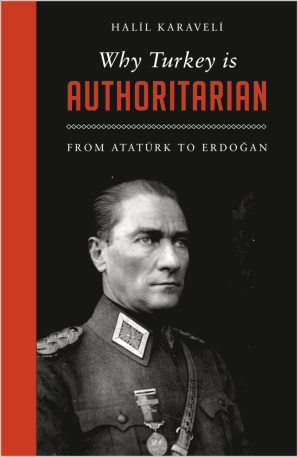This month, Turkish President Recep Tayyip Erdogan intimated that his country might consider leaving NATO. Meanwhile, on a visit to Moscow last week, Turkey’s foreign minister, Mevlut Cavusoglu referred to Russia as a “strategic partner”—a first. This talk is empty. Erdogan may well be angry at Washington, but ultimately, Ankara is going to have to do whatever it takes to restore its ties with the West. Doing so might not be enough to pull the country out of its economic crisis, but Erdogan has few other options if he wants to avoid a potentially worse political meltdown: He depends too deeply on forces in the Turkish state that will have difficulty stomaching a permanent shift away from the United States and toward Russia.
In mid-August, U.S. President Donald Trump said that Turkey has been a “problem for a long time.” And that is true. But, at least in part, that’s because the United States has also been a problem for Turkey. Washington’s current list of grievances against Ankara include its detention of the American pastor Andrew Brunson, its opposition to U.S. attempts to empower the Kurds in Syria, and its deepening relationship with Russia, from which Turkey has agreed to purchase four batteries of S-400 air defense missiles by 2019. Yet from Turkey’s perspective, all of these actions seem reasonable.



